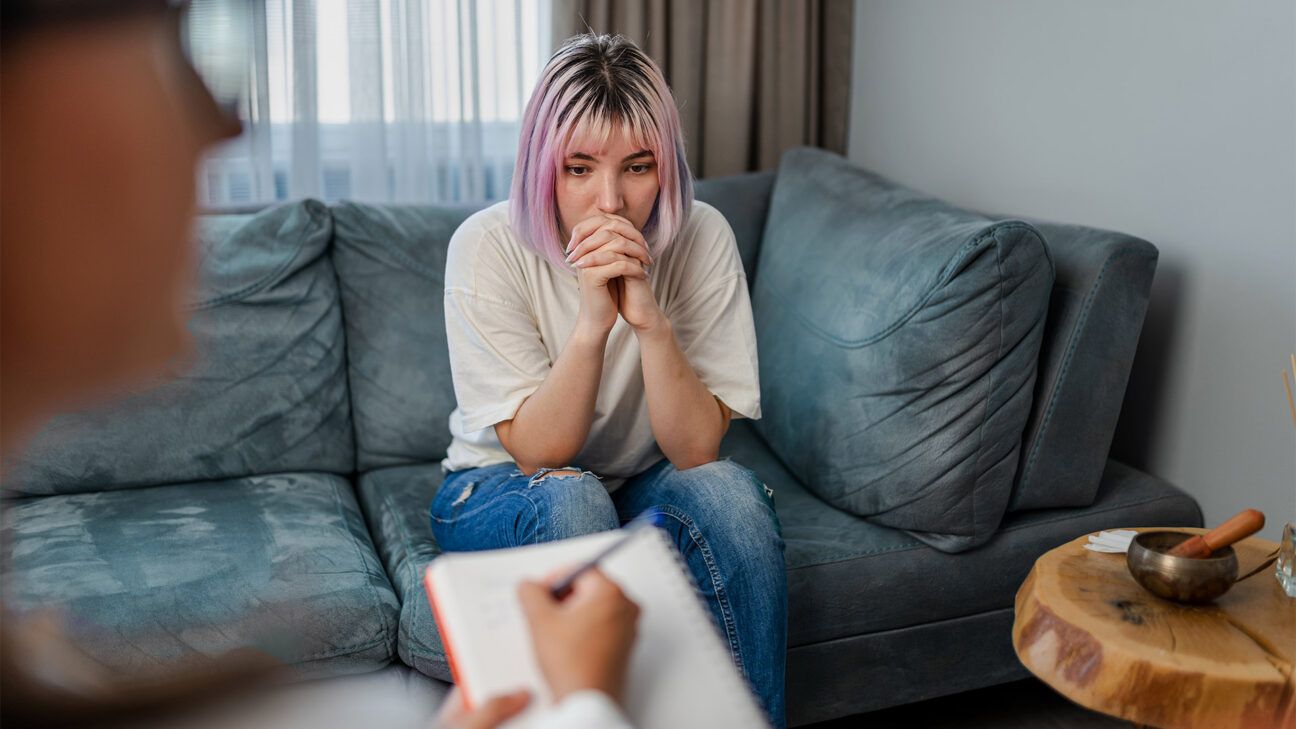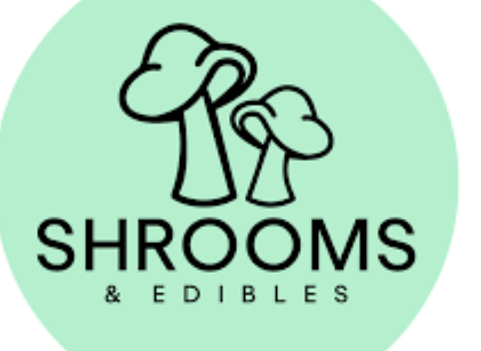Just One Dose of Psychedelic Psilocybin Reduced Depression Symptoms for Weeks

Psilocybin is a psychedelic compound found in magic mushrooms.
- Researchers studied if the psychedelic compound found in magic mushrooms can help depression.
- A single dose of the psilocybin reduced symptoms of major depression more than a placebo.
- The study improved on earlier research, but experts say longer-term trials are needed to know if the benefits are sustained beyond six months.
- Psilocybin is given with psychological support, including preparation before the dose and an integration session following.
A single dose of the psychedelic substance psilocybin, given with psychological support, reduced symptoms of major depression, with effects lasting up to six weeks, a new study shows.
The study was publishedTrusted Source in JAMA on August 31.
Researchers found that people who took psilocybin saw a greater improvement in depression scores, compared to those who took a placebo substance with no psychedelic properties.
Psilocybin is a psychedelic compound found in magic mushrooms.
People who took psilocybin also saw a decrease in the overall severity of their disease and improvements in anxiety symptoms and quality of life.
And unlike standard antidepressant medicines, psilocybin use did not lead to “emotional blunting,” or a numbness to positive and negative emotions.
The study adds to the evidence that psilocybin, alongside psychological support, may provide people with major depressive disorder an alternative treatment to antidepressants.
“Although the trial was relatively small, it demonstrated that a single dose of psilocybin in the context of a six-week period that included active psychotherapy resulted in a rapid, robust, and sustained reduction in depressive symptoms,” wrote Rachel Yehuda, PhD, and Amy Lehrner, PhD, of the Icahn School of Medicine at Mount Sinai, in an accompanying editorialTrusted Source.
Major depressive disorder, or clinical depression, is a significant medical condition that can impact mood and behavior, as well as physical functions such as appetite and sleep.
It is commonly treated with antidepressant medicines, which, within six to eight weeks, improve symptoms in 40% to 60% of peopleTrusted Source with moderate or severe depression.
However, these medications have a number of side effects — such as headaches, dizziness and sexual problems — that may cause people to stop their treatment.
In recent years, researchers have been studying the use of psychedelics such as psilocybin — the active compound in magic mushrooms — as a treatment for depression and other mental health conditions.
In a phase 2 clinical trial, published Aug. 31 in JAMATrusted Source, researchers attempted to overcome some of the limitations of earlier psilocybin research, such as a small number of participants and the potential for researchers to know whether people were taking psilocybin or the placebo.
The new study included 104 participants between 21 and 65 years of age who met the criteria for major depressive disorder but were otherwise healthy.
Around half of the participants were women and the majority were white. Most were experiencing ongoing depression versus a first episode of depression.
The study was carried out at 11 sites in the United States between 2019 and 2022.
Potential participants were excluded from the study for certain reasons such as having moderate or severe alcohol use disorder, using a psychedelic within the past five years, having suicidal thoughts or behavior in the past year, or being treated for depression with deep brain stimulation.
Researchers randomly assigned people to receive either a single oral dose of 25 milligrams of psilocybin or 100 milligrams of niacin. This dose was given after participants slowly reduced and then stopped taking their regular antidepressants.
Niacin was used as an active placebo because it doesn’t have psychedelic effects, but produces a harmless flush of red on the skin. This reduces the chance that participants and researchers would be able to guess which compound people received.
Researchers assessed people’s depression symptoms at the start and then 2, 8, 15, 29, and 43 days after they received the psilocybin or niacin. They also asked participants about anxiety symptoms, side effects they experienced, and their quality of life.
These assessments were done over the telephone; again, to reduce the risk that researchers would know which group the participants were in.

